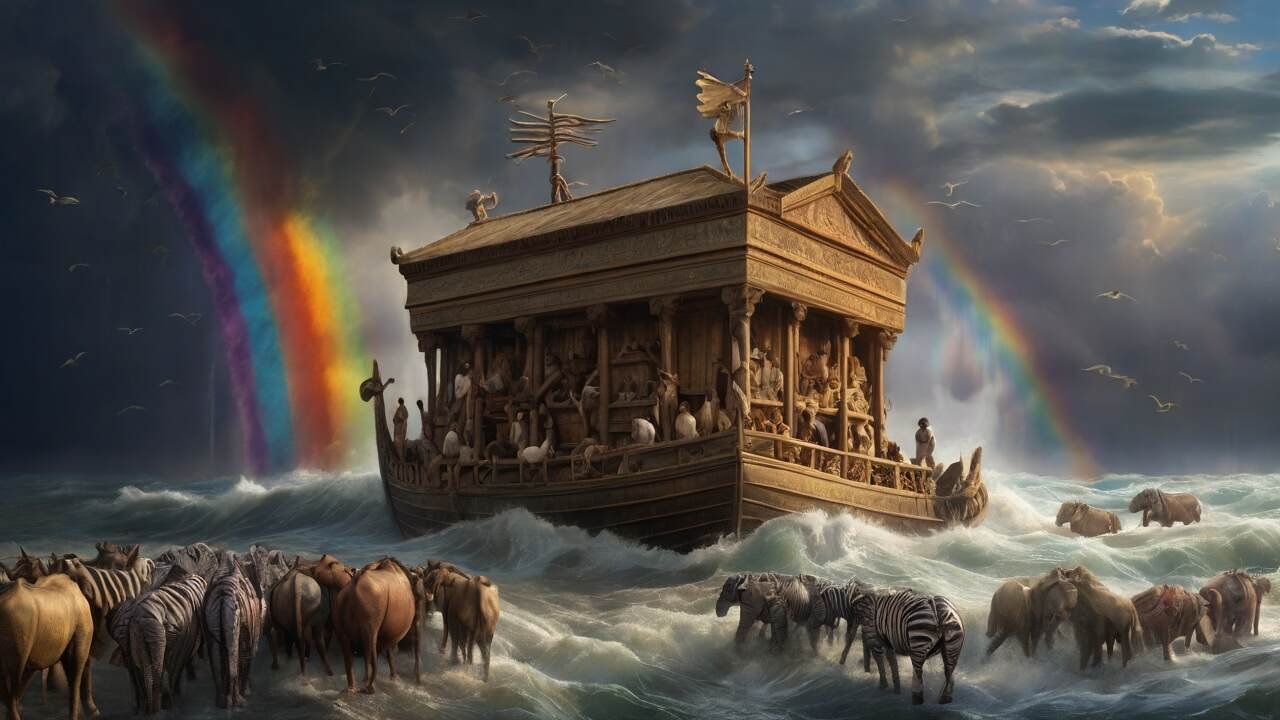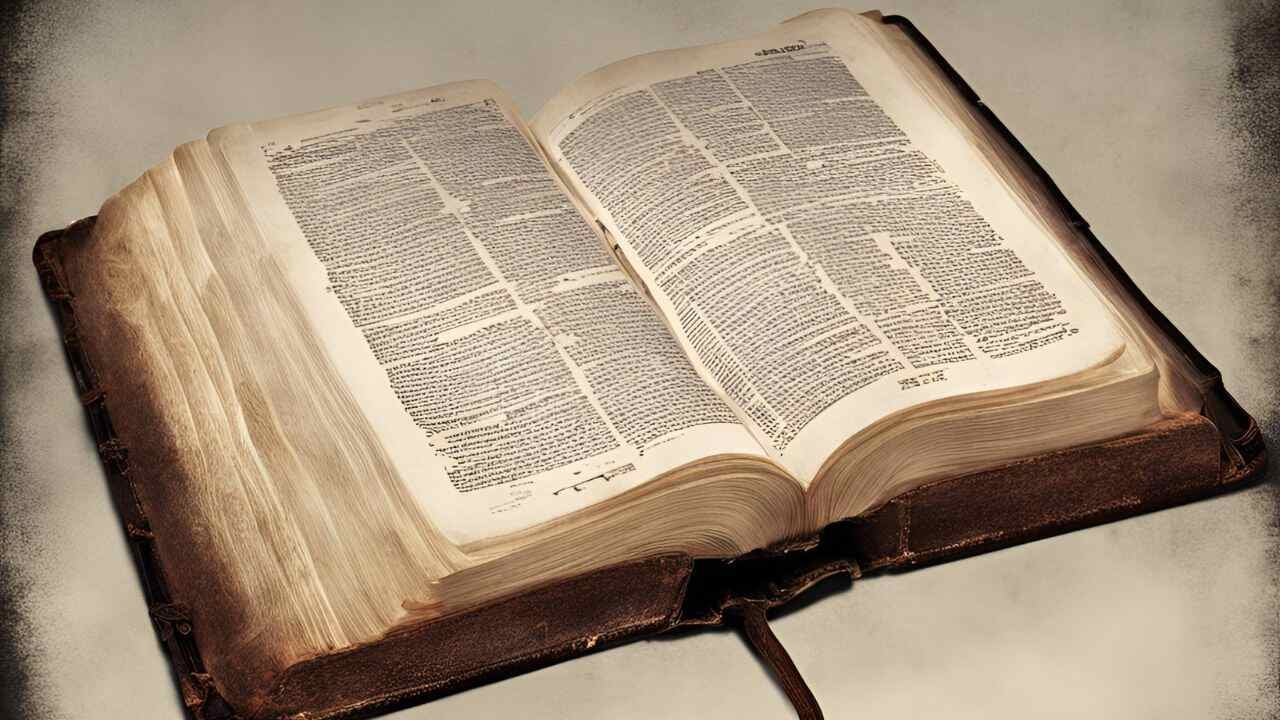Easter holds immense significance in the Christian calendar, as it commemorates the resurrection of Jesus Christ from the dead after his crucifixion. This pivotal event serves as the foundation of the Christian faith, symbolizing the promise of eternal life and the triumph of hope over despair. The date of Easter is determined based on a lunisolar calendar, falling between March 22 and April 25, and it marks the culmination of the Passion of Jesus Christ, preceded by the 40-day period of Lent.
Key Takeaways
- Easter is the most important Christian holiday, celebrating the resurrection of Jesus Christ.
- The date of Easter is calculated based on a lunisolar calendar, falling between March 22 and April 25.
- Easter marks the culmination of the Passion of Jesus Christ, preceded by the 40-day period of Lent.
- The resurrection of Jesus symbolizes the promise of eternal life and the triumph of hope over despair.
- Easter is the central tenet of the Christian faith, as it represents the core beliefs and teachings of Christianity.
The Origins of Easter
The roots of the Easter celebration can be traced back to the pagan goddess Ēostre, the Anglo-Saxon goddess of spring and fertility. The name “Easter” is believed to have derived from her name, highlighting the ancient origins of this significant Christian holiday.
Ēostre, the Anglo-Saxon Goddess of Spring
Ēostre was a revered figure in Anglo-Saxon mythology, symbolizing the rebirth and renewal of the natural world. Her festival, celebrated during the vernal equinox, often coincided with the Christian observance of Easter, leading to the blending of pagan and Christian traditions over time.
The Paschal Controversies
In the early days of Christianity, there were debates over the timing of the Easter celebration, known as the Paschal controversies. The disagreement centered around whether to celebrate Easter on the same day as the Jewish Passover or on the following Sunday. This theological dispute highlighted the complex relationship between the emerging Christian faith and its Jewish roots.
The Paschal controversies were ultimately resolved through the decisions made at the Council of Nicaea in 325 AD, which established that Easter should be celebrated on the first Sunday after the full moon that occurs on or just after the spring equinox. This compromise allowed the Christian celebration of the Resurrection to be synchronized with the lunar calendar, while maintaining a distinct identity from the Jewish Passover.
“The name ‘Easter’ is believed to have derived from the name of the Anglo-Saxon goddess Ēostre, who was celebrated at the vernal equinox.”
The origins of Easter, with its blend of pagan and Christian traditions, highlight the complex interplay between the early Christian faith and the pre-existing religious beliefs of the ancient world. As the Christian church grew and expanded, it sought to adapt and incorporate elements from local cultures, creating a rich tapestry of symbolic meaning and ritual that continues to resonate with believers today.
The Paschal Feast: Celebrating the Resurrection
The Paschal feast, or Easter, is the most significant celebration in the Christian calendar. It commemorates the resurrection of Jesus Christ, the central tenet of the Christian faith. During the Holy Week, Christians reflect on the events leading up to Jesus’ crucifixion and his ultimate triumph over death.
The Paschal feast marks the culmination of this series of observances, celebrating Jesus’ resurrection and his victory over the grave. Through this annual celebration, Christians worldwide come together to rejoice in the promise of eternal life and the hope that Jesus’ sacrifice has brought to the world.
The Significance of the Paschal Feast
The Paschal feast, or Easter celebrations, holds immense significance for Christians. It is a time of renewal, redemption, and the affirmation of their faith in the resurrection of Jesus. The Paschal feast is a time to reflect on the profound impact of Jesus’ sacrifice and the transformative power of his resurrection.
- The Paschal feast marks the culmination of the Holy Week observances, which include the commemoration of the Last Supper, Good Friday, and the celebration of Easter Sunday.
- It is a time of joyous celebration, where Christians gather to worship, share in fellowship, and rejoice in the promise of eternal life through Jesus’ triumph over death.
- The Paschal feast is a testament to the unwavering faith of Christians, who believe that Jesus’ resurrection is the ultimate validation of his teachings and the foundation of their spiritual journey.
The Paschal feast is a time of profound spiritual significance, a celebration of the resurrection of Jesus and the hope it brings to believers worldwide.
“The resurrection gives my life meaning and direction and the opportunity to start over no matter what my circumstances.” – Robert Flatt

The Paschal feast is a cherished tradition that unites Christians in their shared devotion to the resurrection of Jesus. It is a time of reflection, renewal, and the unwavering belief that through Christ’s sacrifice, the promise of eternal life is made possible.
Easter’s Connection to the Jewish Passover
The Christian celebration of Easter is deeply rooted in the Jewish festival of Passover. During the week of Passover, Jesus’ crucifixion and resurrection took place, forever linking these two profound events in the Christian faith.
The Last Supper and the Paschal Lamb
The Last Supper, which Jesus shared with his disciples, is believed to have been a Passover meal. It was during this Last Supper that Jesus identified the bread and wine as his body and blood, establishing the sacrament of Holy Communion. The concept of Jesus as the “Paschal lamb” sacrificed for the sins of humanity is a central Christian symbol, evoking the Passover lamb slaughtered to protect the Israelites from the final plague in the Exodus story.
The Resurrection and the Exodus
The resurrection of Jesus is seen by Christians as a new Exodus, freeing humanity from the bondage of sin and death, just as the Exodus liberated the Israelites from slavery in Egypt. This parallel between the Passover and the resurrection of Christ is a powerful representation of the Christian belief in salvation and the promise of eternal life.
The deep connections between Easter and Passover are a testament to the shared roots of Christianity and Judaism, and the enduring significance of these sacred events in the lives of believers.
What is the significance of Easter in the Christian calendar?
Easter is the most pivotal holiday in the Christian faith, as it celebrates the resurrection of Jesus Christ. This event is the very foundation of Christian theology, symbolizing the triumph of life over death and the promise of eternal life for all who believe in Christ. The resurrection represents the cornerstone of Christian salvation, granting hope and redemption to the faithful.
For Christians, the significance of Easter lies in its profound spiritual implications. It affirms the belief that those who follow Jesus will also be resurrected and granted eternal life, transcending the finality of earthly death. This powerful message of hope and salvation is at the heart of the Easter celebration, inspiring Christians to deepen their faith and commitment to the teachings of Jesus.
Moreover, the Easter celebration recognizes the central role of the resurrection in the Christian faith. It is a time to reflect on the sacrifices of Christ and the promise of forgiveness and eternal life that his triumph over death offers. Through this profound spiritual event, Easter serves as a reminder of the transformative power of faith and the unwavering love of God for his people.
FAQ
What is the significance of Easter in the Christian calendar?
Easter is the most important Christian holiday, celebrating the resurrection of Jesus Christ from the dead after his crucifixion. It is the central tenet of the Christian faith, symbolizing hope in the promise of eternal life.
What is the meaning of Easter?
The name “Easter” is believed to have derived from the Anglo-Saxon goddess of spring and fertility, Ēostre. In early Christianity, there were debates over the timing of the Easter celebration, known as the Paschal controversies, which centered around whether to celebrate Easter on the same day as the Jewish Passover or on the following Sunday.
What are the traditional Easter celebrations?
The Paschal feast, or Easter, celebrates the resurrection of Jesus Christ, which is the central event of the Christian faith. During Holy Week, Christians commemorate the events leading up to Jesus’ crucifixion and resurrection, including the Last Supper, Good Friday, and Easter Sunday.
How is Easter connected to the Jewish Passover?
Easter is closely linked to the Jewish festival of Passover, as the crucifixion and resurrection of Jesus occurred during the week of Passover. The Last Supper is believed to have been a Passover meal, where Jesus identified the bread and wine as his body and blood. The concept of Jesus as the “Paschal lamb” sacrificed for the sins of humanity is a central Christian symbol.
What is the significance of the resurrection of Jesus in the Christian faith?
The resurrection of Jesus is the cornerstone of Christian theology, as it represents the triumph of life over death and the promise of salvation for all who follow Christ. It is a symbol of hope, signifying that those who believe in Jesus will also be resurrected and granted eternal life.








